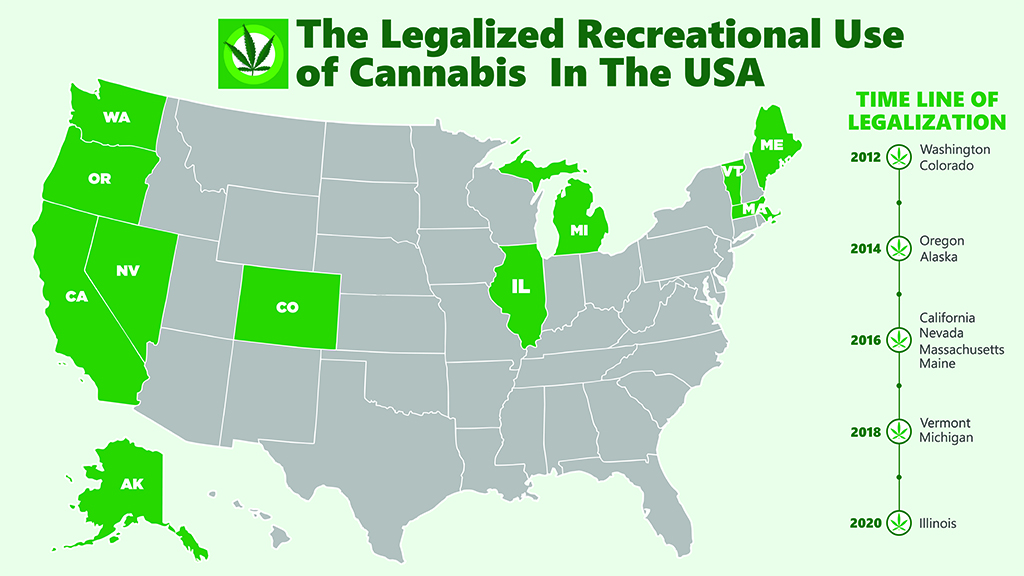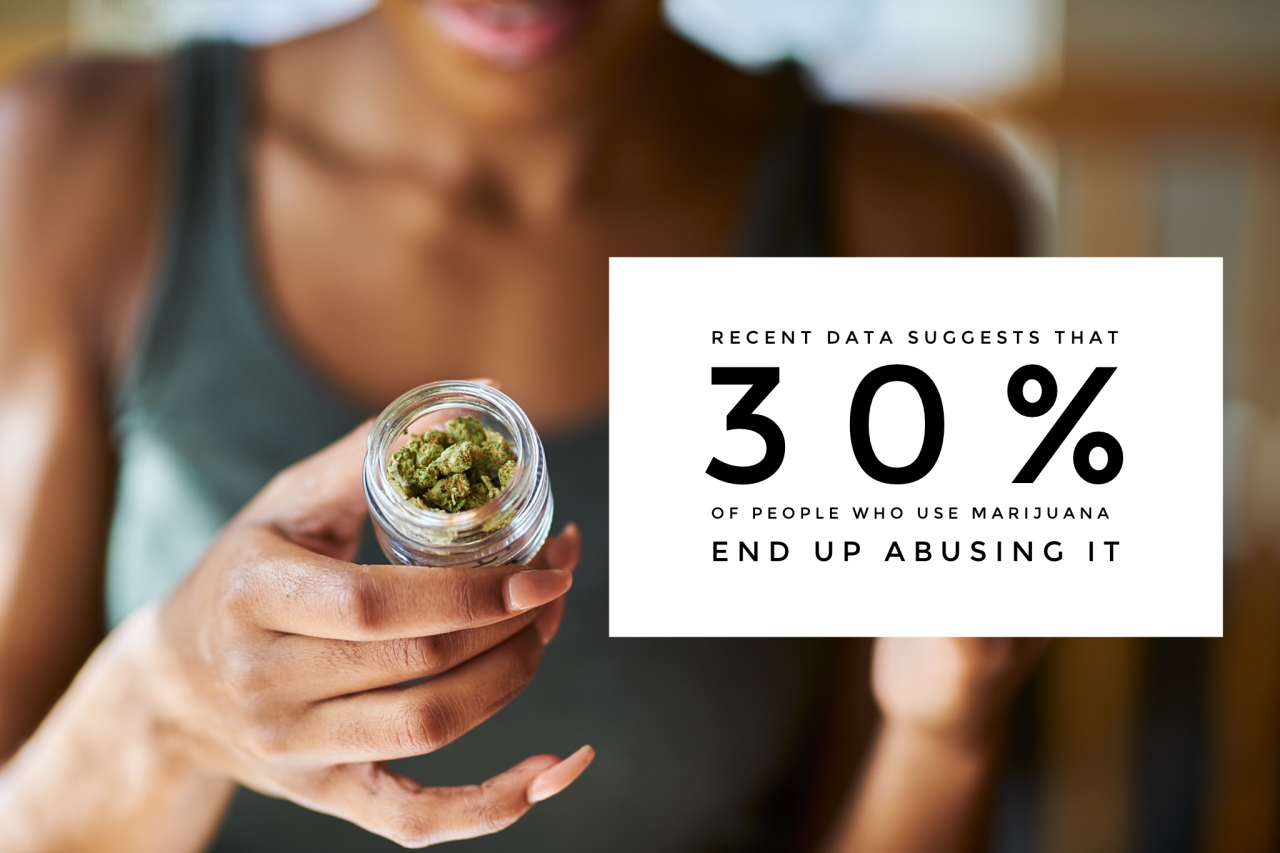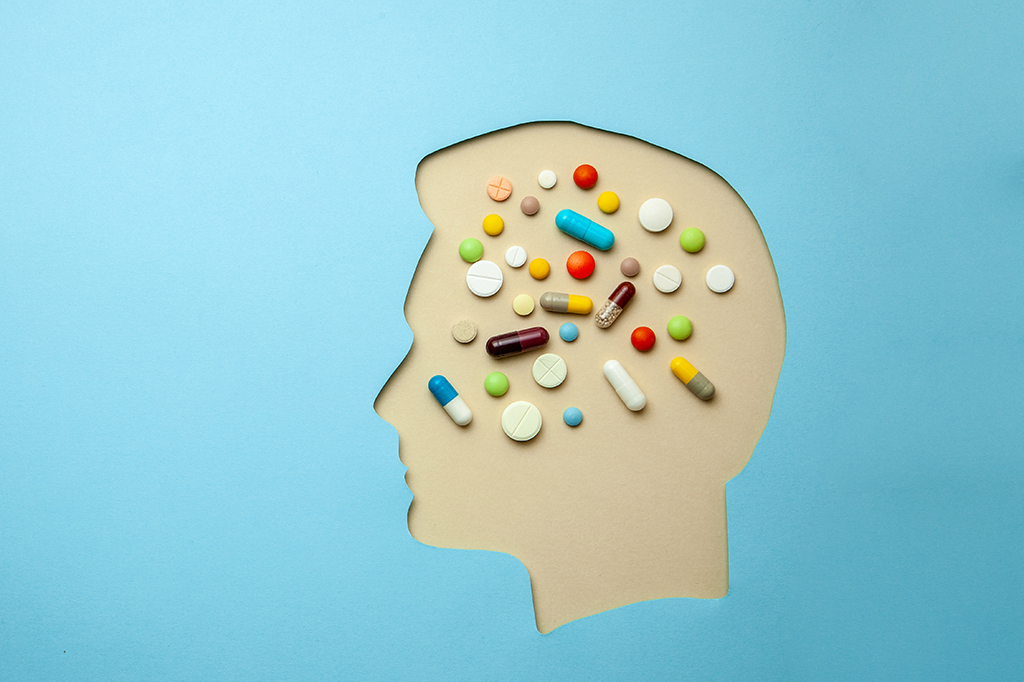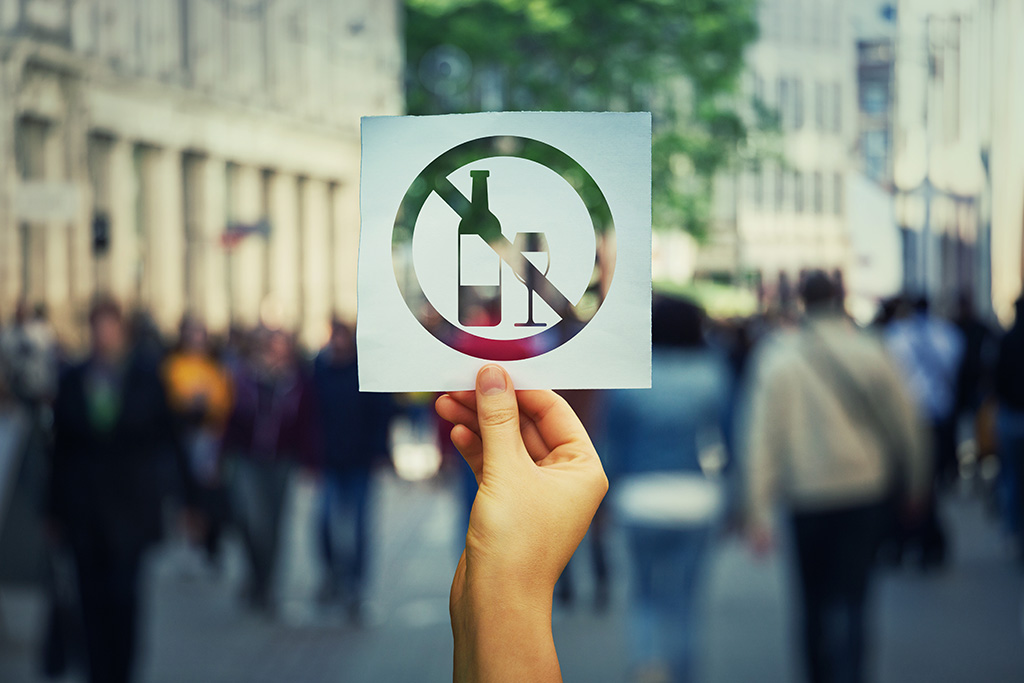- Police officers made more arrests for marijuana in 2018 than for any other drug
- Arrests have increased even as attitudes have become more lax: 67% of Americans say they support legalizing recreational marijuana
- Even though marijuana is legal or decriminalized in a number of states, the drug remains illegal on a federal level
As COVID-19 prompts the early release of thousands of prisoners amid infection concerns, the spotlight is back on marijuana arrests. Although individual states have embraced varying levels of legalization, government data indicates that incarcerations remain on the rise.
In fact, FBI data shows that police officers in the United States continue to make more arrests for marijuana offenses than for any other drug. Officers made 663,000 arrests for marijuana-related offenses across the 50 states and the District of Columbia in 2018, amounting to 40% of the 1.65 million total drug arrests in the U.S.
Have questions about marijuana?
Call us at 855-430-9426 to speak with a recovery specialist.
Changing Attitudes
Marijuana arrests have risen even as attitudes have become considerably more lax nationwide. A recent Pew poll showed that 67% of Americans support recreational marijuana. More than 90% support legalized medical marijuana. The drug is legal for recreational use in 11 US states, and another 26 have decriminalized small amounts. (Decriminalization differs from legalization in that it is still against the law to possess the drug, but violations for small amounts intended for personal consumption tend to be civil or local infractions, rather than state-level crimes that come with the possibility of incarceration.)

Meanwhile, 33 states and the District of Columbia have, at a minimum, legalized marijuana for medical purposes. Of course, just because a state has legalized or decriminalized marijuana does not mean its residents are immune from being arrested for having it. Drugs have been the top reason people have been arrested in the United States for at least the past 10 years, and marijuana has been the top drug involved in those arrests.
Risk of Addiction
Beyond arrests, marijuana has continued to lead to problem use and addiction, particularly for young users. Recent data suggest that 30% of people who use marijuana may be abusing the drug to some degree. People who begin using marijuana before the age of 18 are four to seven times more likely to develop a marijuana use disorder.

Increased potency has complicated the problem. Marijuana potency has steadily increased over the past few decades. In the early 1990s, the average THC content in confiscated marijuana samples was less than 4%. In 2018, it was more than 15%.
Also, new methods of smoking or eating THC-rich hash oil extracted from the marijuana plant (a practice called dabbing) may deliver very high levels of THC to the user. The average marijuana extract contains more than 50% THC, with some samples exceeding 80%.
Such trends raise concerns that the consequences of marijuana use could be worse than in the past, particularly among those who are new to marijuana use or in young people, whose brains are still developing.
Researchers do not yet know the full extent of the consequences when the body and brain are exposed to high concentrations of THC. They also don’t know whether the recent increases in marijuana-related emergency room visits are related to rising potency. Regardless, marijuana remains a substance of dependence, with the possibility of becoming addictive. Doctors are also still learning about the long-term effects of weed.
Have questions about addiction?
Call us at 855-430-9426 to speak with a recovery specialist.
Addressing the Problem
Tackling marijuana addiction with treatment can help people who use the drug avoid behavior that can lead to arrest, while also improving their long-term health.
For people who struggle with drug addiction, detoxing alone will often not result in lifelong sobriety. It’s also necessary to develop coping mechanisms for stress and co-occurring disorders. Beyond treatment, true recovery requires an ongoing commitment, whether through counseling or 12-step programs. The right treatment program will address all of these areas, helping avoid you becoming part of arrest statistics.
Have questions about addiction?Chat with one of our recovery specialists now.

Written By: Susan Kime, MA, PCP, NCC
Susan Kime, MA, PCP, NCC, is a certified counselor who has worked directly in the fields of addiction recovery and mental health. A professional health & wellness writer, she has written for myriad publications about the intersection of mental health, wellness, and lifestyle.


